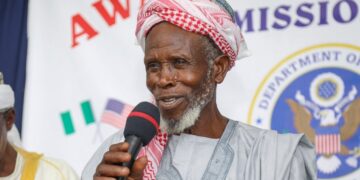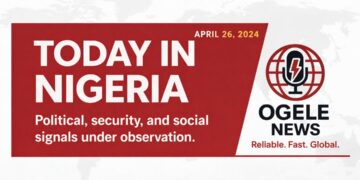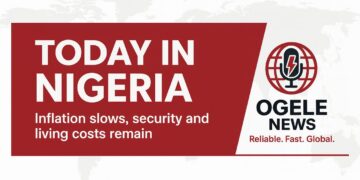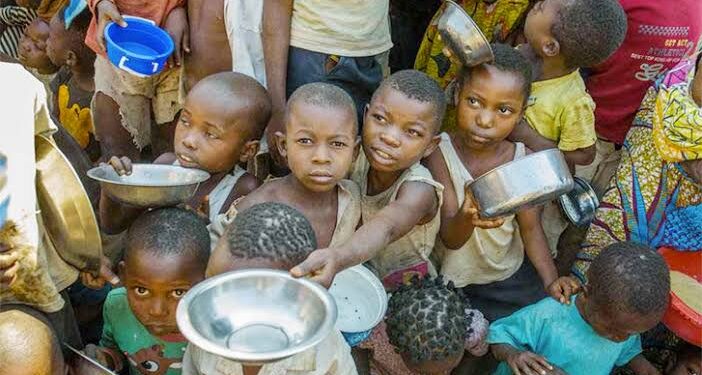The World Bank has warned that over a hundred million Nigerians are at risk of falling into poverty due to the high cost of goods and services resulting from the removal of petrol subsidy. The Washington-based lender made this disclosure during the launch of its June 2023 edition of the Nigeria Development Update in Abuja.
According to the World Bank, an estimated four million people have already been pushed into poverty between January and May 2023. It further highlighted that Nigeria has one of the highest inflation rates in the world. The bank projected that about 7.1 million Nigerians would become poor if the federal government fails to compensate or provide them with palliatives following the removal of fuel subsidy.
The World Bank reported that as of the beginning of 2023, 89.8 million Nigerians were already living in poverty. However, with the addition of the four million individuals who fell into poverty between January and May, the number has risen to 93.8 million. The bank projected that the figure will increase to 100.9 million as a result of the removal of petrol subsidy.
The bank highlighted the surge in consumer price inflation, which is one of the highest globally. It attributed this inflationary pressure to Nigeria’s fiscal imbalance and stressed the urgent need for reform efforts. Inflation in Nigeria has been persistently high due to structural factors, but it escalated in 2022, reaching its fastest pace in 17 years.
These developments come in the wake of the National Bureau of Statistics’ report indicating that Nigeria’s inflation rate rose to 22.41 percent in May, the highest in nearly two decades. Additionally, the National Multidimensional Poverty Index report revealed that 133 million Nigerians are multi-dimensionally poor, lacking access to health, education, living standards, employment, and security.
The World Bank’s warning underscores the challenges faced by Nigeria in addressing poverty and the need for comprehensive measures to mitigate the impact of removing petrol subsidy on vulnerable populations.
































